 info@rcmmastersacademy.com
info@rcmmastersacademy.com
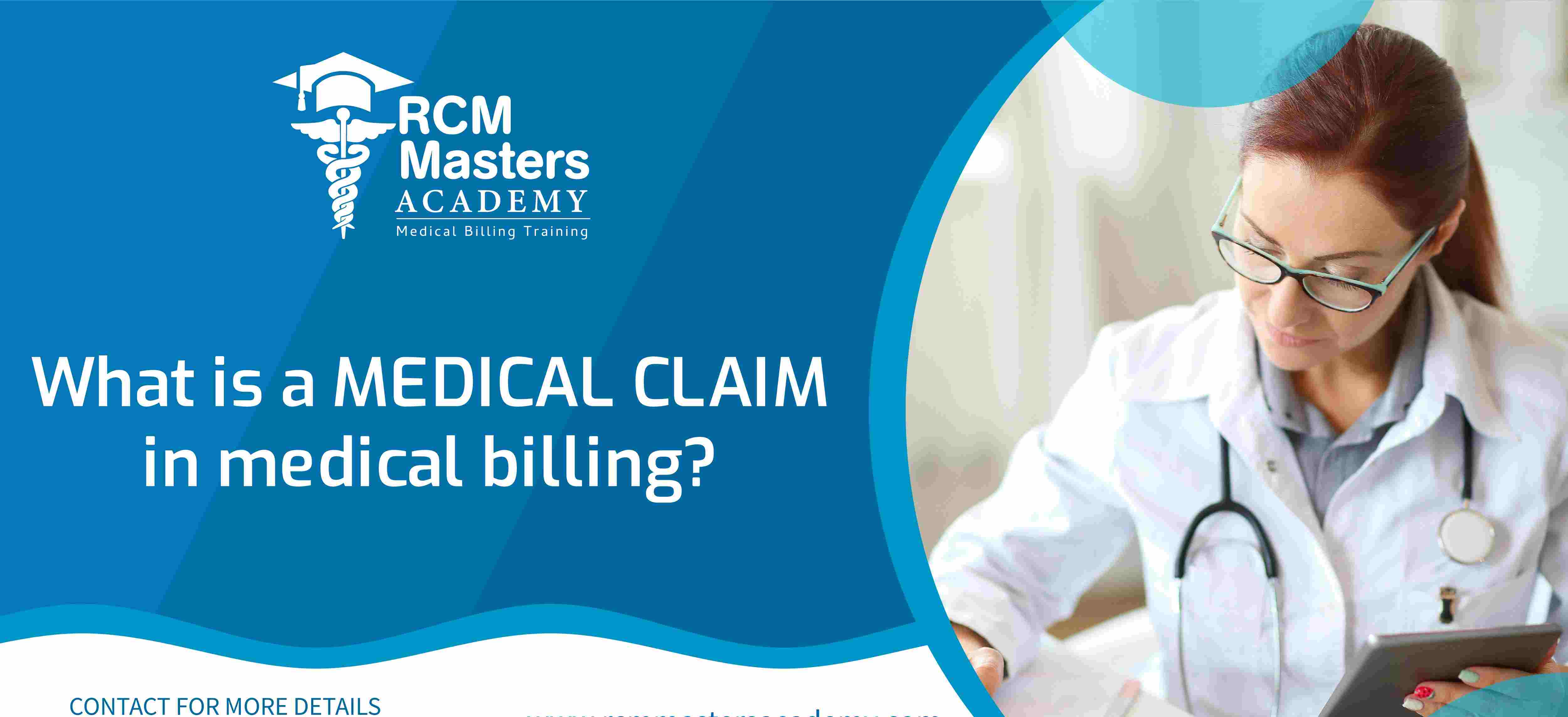
Medical billing is an essential part of the healthcare industry, and one of the critical components of this process is medical claims. A medical claim is a request for payment that is submitted by a healthcare provider to an insurance company or payer for services rendered to a patient. Medical claims contain information about the patient, the healthcare provider, and the services provided, which are used to determine the payment amount.
Medical claimsRead more
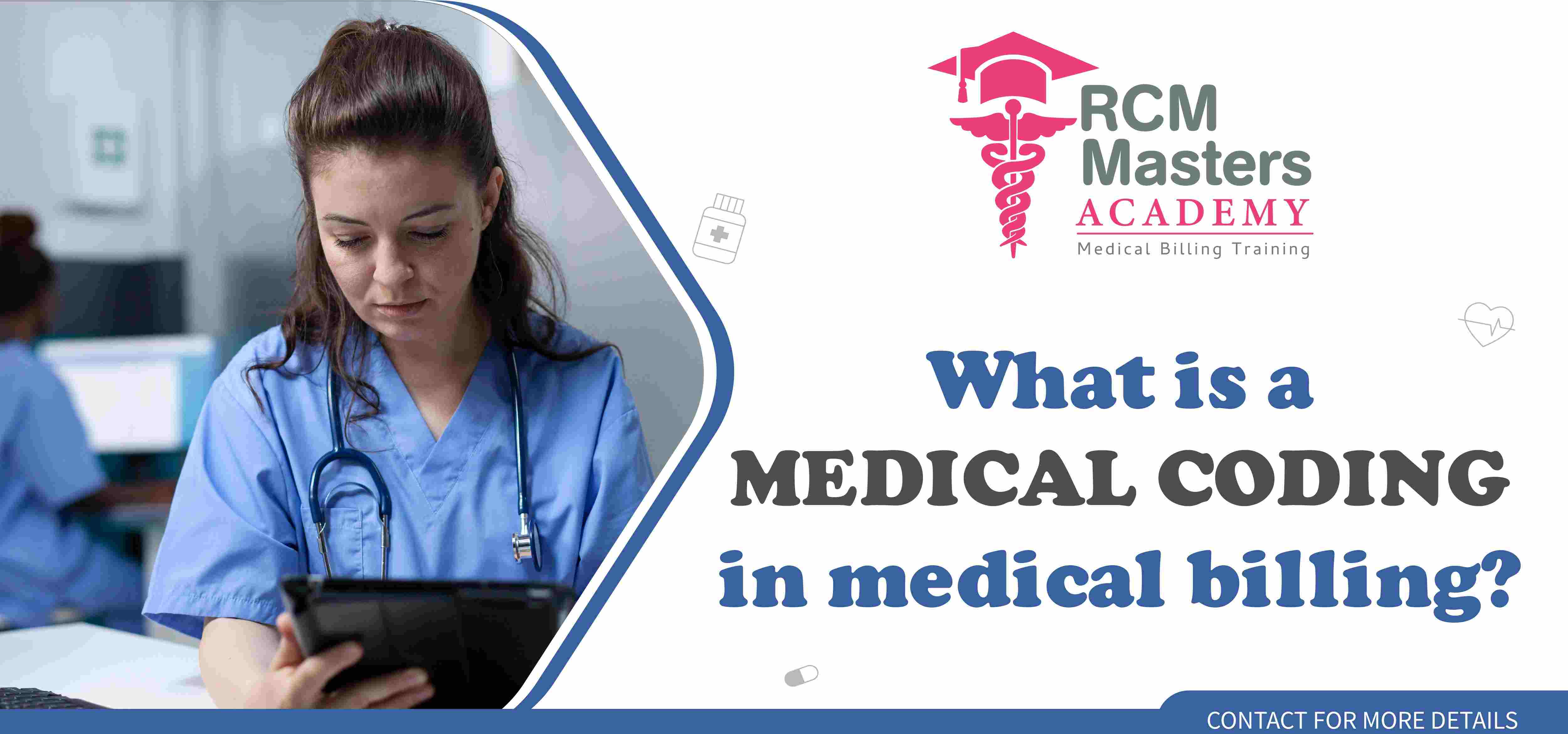
Medical coding is the process of transforming medical diagnosis, procedures, and equipment into universal alphanumeric codes to facilitate accurate billing and record-keeping. Medical coding is crucial in medical billing as it ensures that healthcare providers receive accurate reimbursement for the services they render to patients. The coding system used in medical billing is based on the Current Procedural Terminology (CPT) and International Classification of Disease... Read more

In today's healthcare landscape, medical expenses are becoming increasingly expensive. As a result, patients are looking for ways to reduce their out-of-pocket expenses. One such option is a Medical Savings Account (MSA).
A Medical Savings Account is a tax-advantaged savings account used to pay for medical expenses. It is similar to a Health Savings Account (HSA) or a Flexible Spending Account (FSA), but with a few key differences.
One... Read more

Medical billing can be a complex and often confusing process, especially when it comes to understanding what qualifies as a "medical necessity." In essence, medical necessity refers to the requirement that a medical procedure or service be considered essential for a patient's diagnosis or treatment.
At its core, medical necessity is about ensuring that healthcare resources are used appropriately and efficiently, without sacrificing the quality of care ... Read more
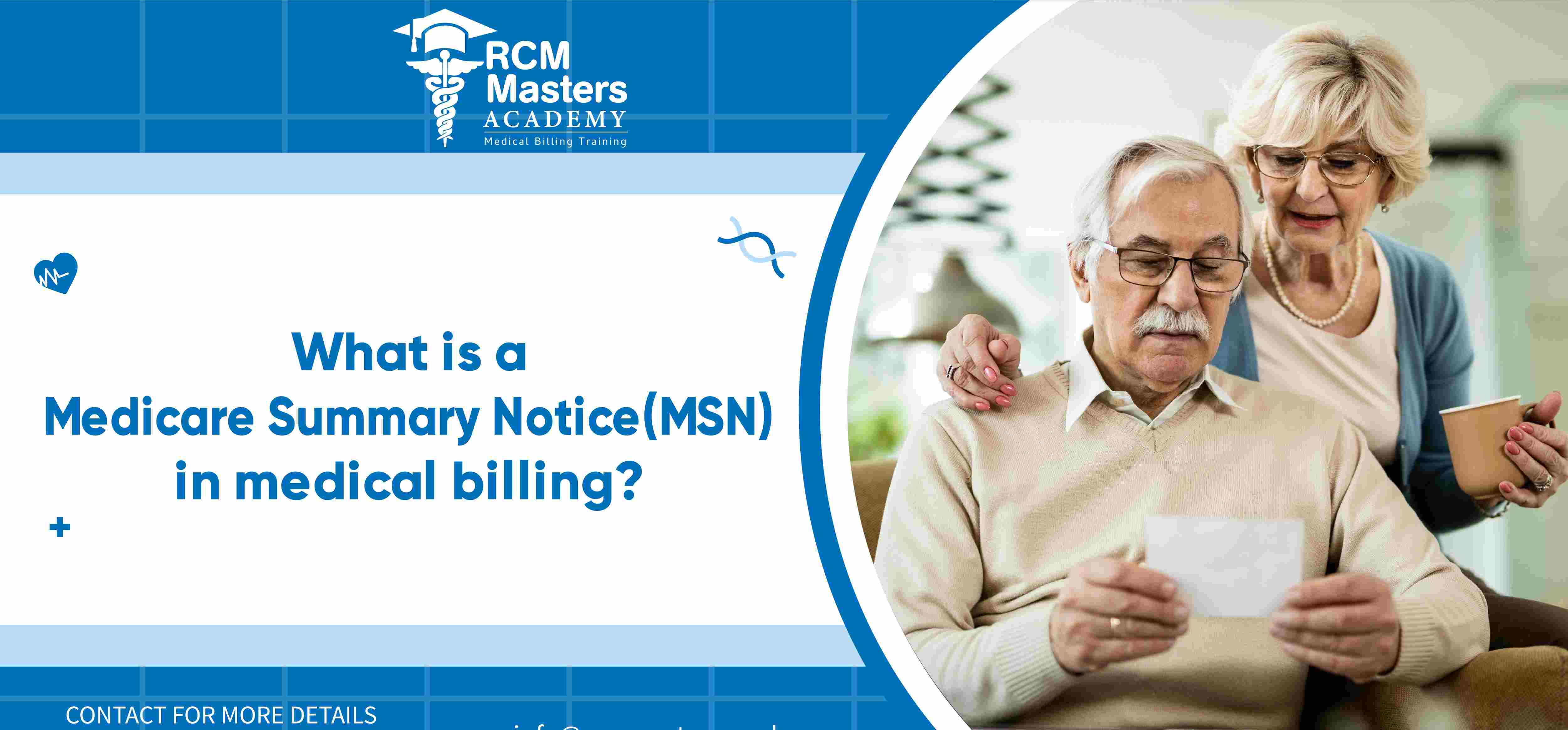
Medicare Summary Notice (MSN) is a document that is sent to Medicare beneficiaries by the Centers for Medicare and Medicaid Services (CMS). This notice provides a summary of the medical services that the beneficiary has received and the amount paid by Medicare. The MSN is an important document for beneficiaries as it helps them to keep track of their medical expenses and ensure that they are receiving the correct benefits from Medicare.
... Read more

Medical billing is a complex process that requires a lot of attention to detail. One of the important aspects of medical billing is the use of modifiers. A modifier is a code that is added to a CPT or HCPCS code to indicate that a service or procedure has been modified in some way. Modifiers are used to provide additional information to the payer and can affect the reimbursement rate.
Modifiers can be confusing, but they are an important part of the... Read more
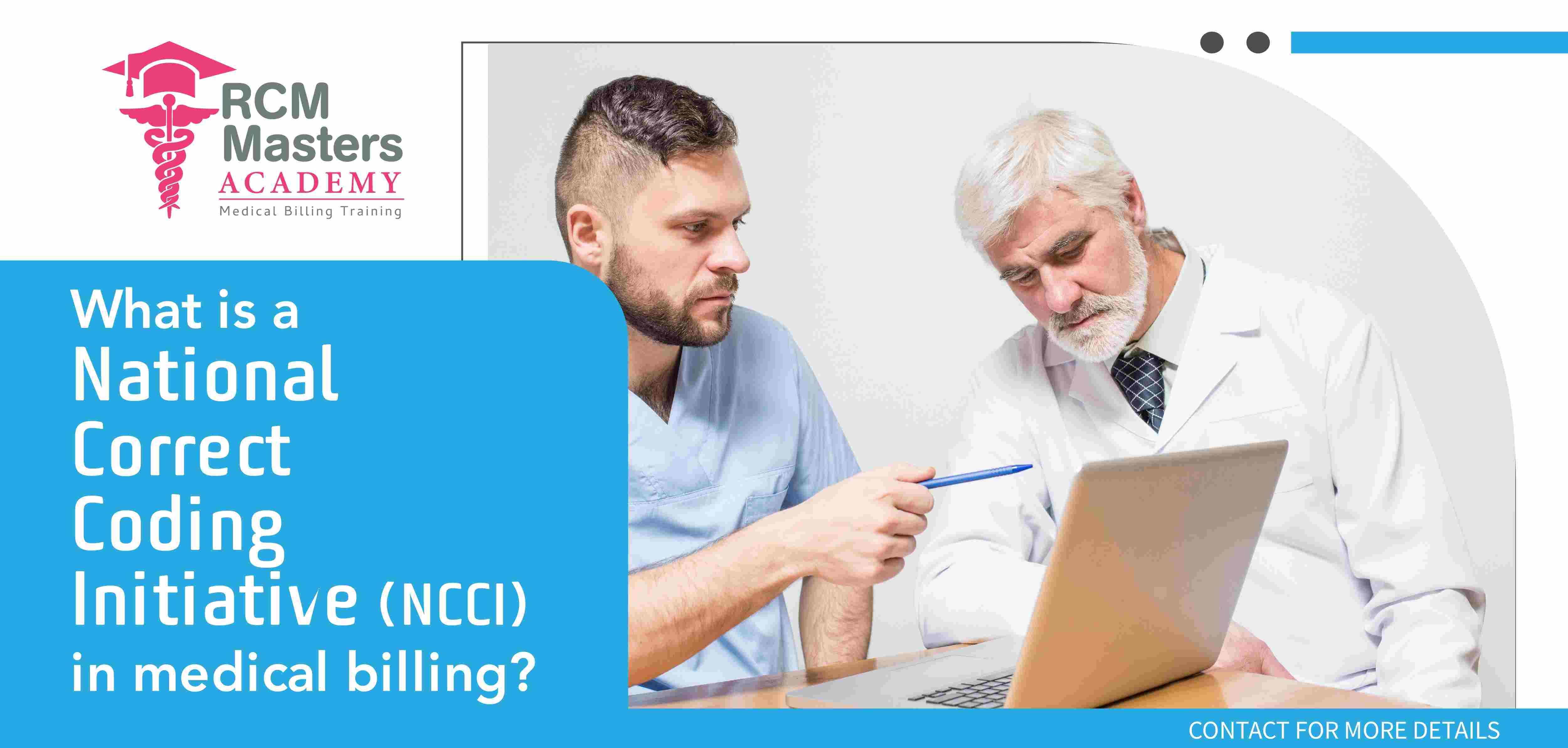
Medical billing is a complex process that requires careful attention to detail and strict adherence to regulations and guidelines. One of the key components of medical billing is ensuring that the correct codes are used to describe the services provided to patients. This is where the National Correct Coding Initiative (NCCI) comes into play.
The NCCI is a program developed by the Centers for Medicare and Medicaid Services (CMS) that... Read more
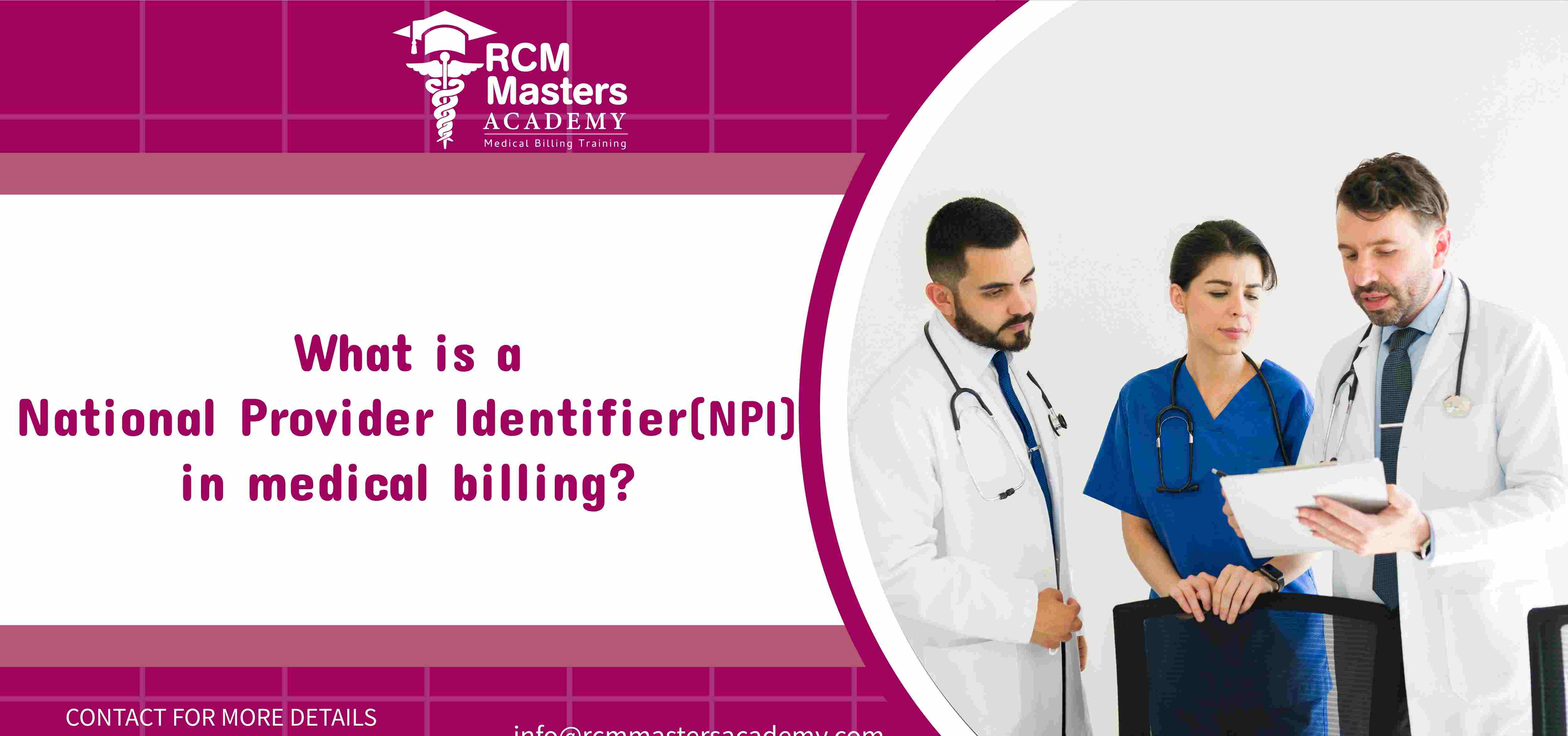
Medical billing is a complex process that involves many different steps and components, including the use of a National Provider Identifier (NPI). In the United States, the NPI is a unique 10-digit identification number that is used to identify healthcare providers and organizations in various healthcare transactions, including medical billing.
The NPI was created as part of the Health Insurance Portability and Accountability Act (HIPAA) of 1996, wh... Read more

In the world of healthcare, a non-covered service refers to a healthcare service or procedure that is not covered by an insurance plan or government-sponsored healthcare program. This means that the patient will be responsible for paying for the service out of their own pocket. Understanding what non-covered services are and how they can impact your healthcare is important for every patient.
Some of the most common non-covered services include elect... Read more
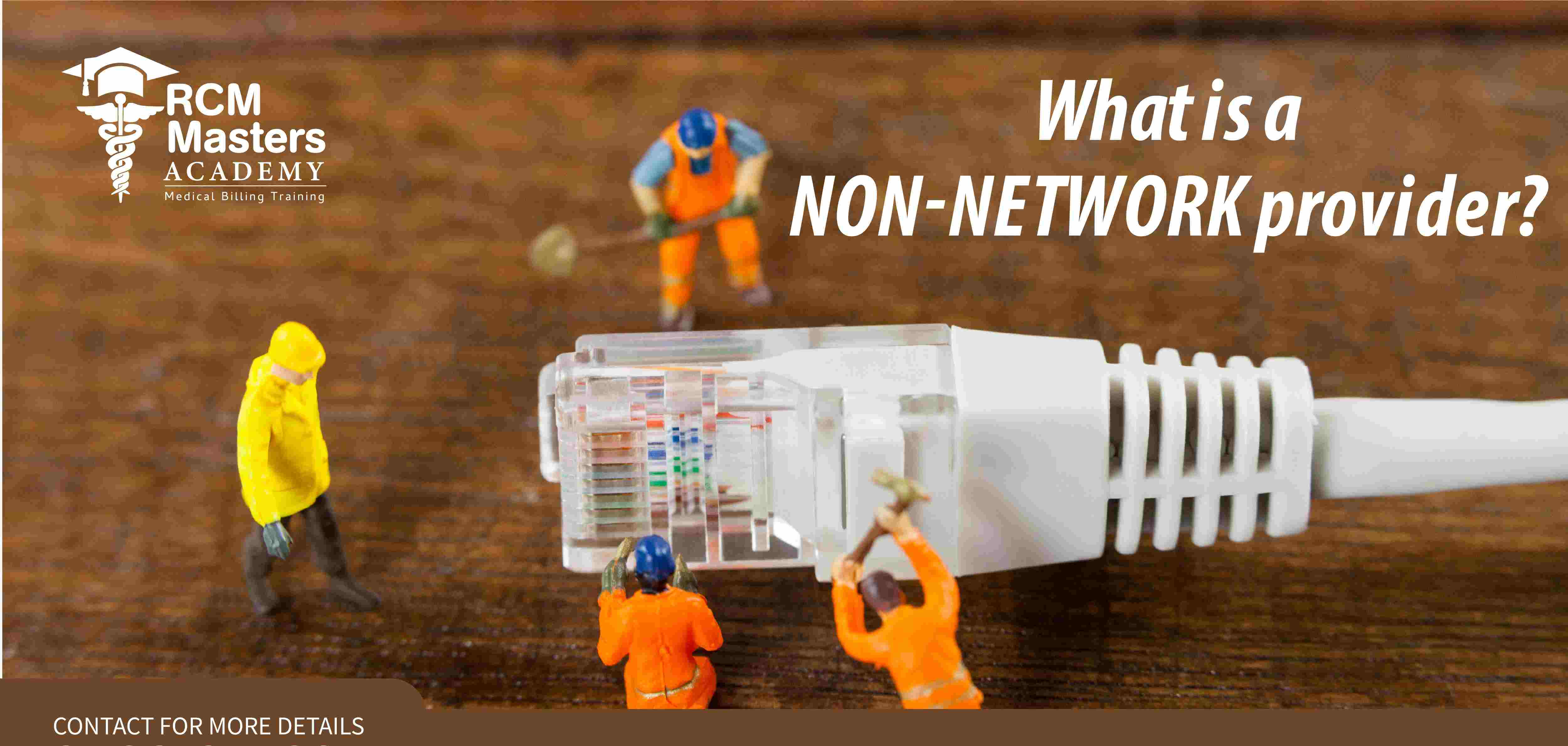
When it comes to healthcare, choosing the right provider can be a daunting task. One of the most critical decisions you'll make is whether to use a network or non-network provider. While network providers are often preferred for their cost-effectiveness, non-network providers have their advantages. We'll take a closer look at non-network providers and what they offer.
A non-network provider is a healthcare provider that does not have a contr... Read more